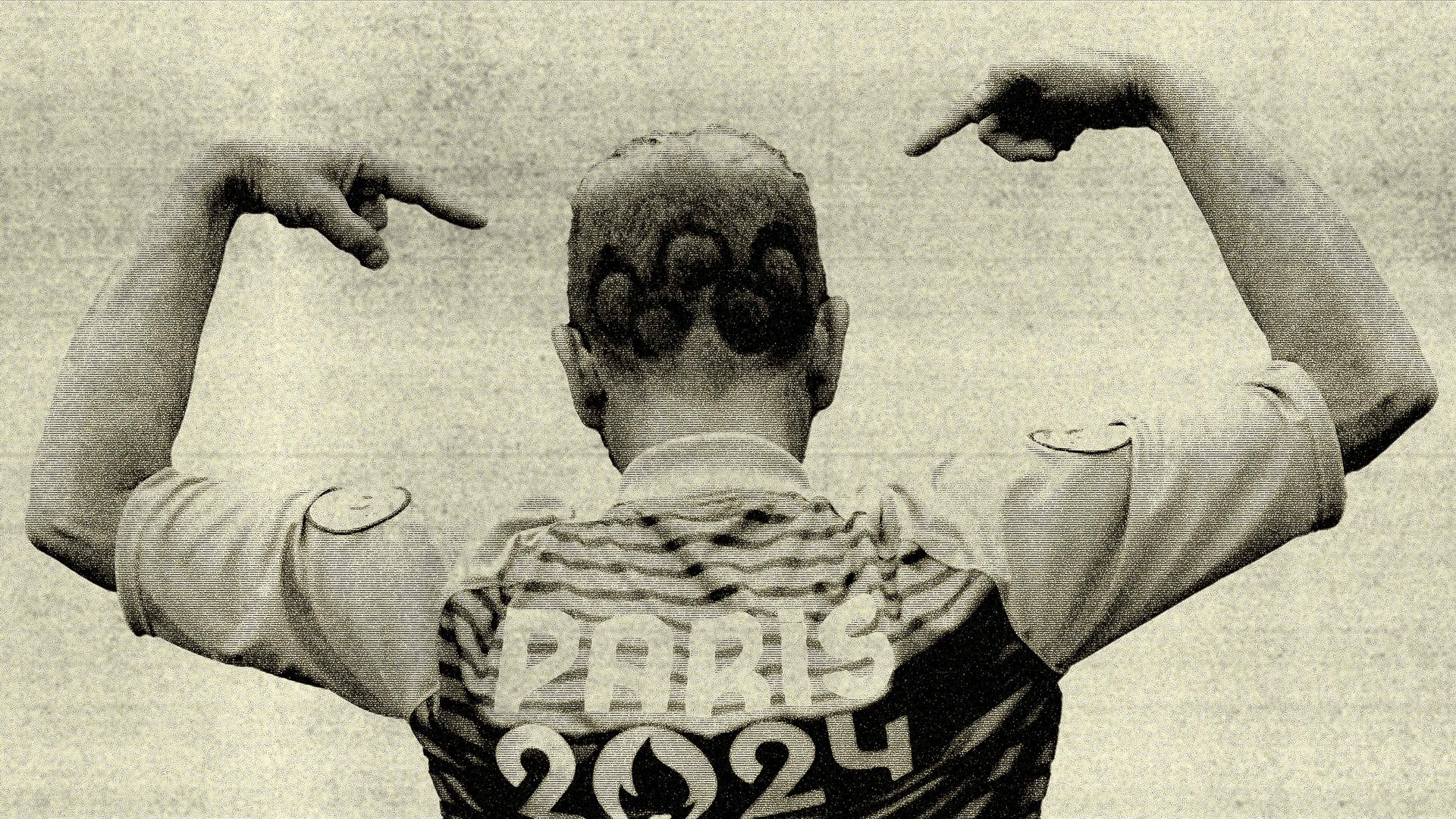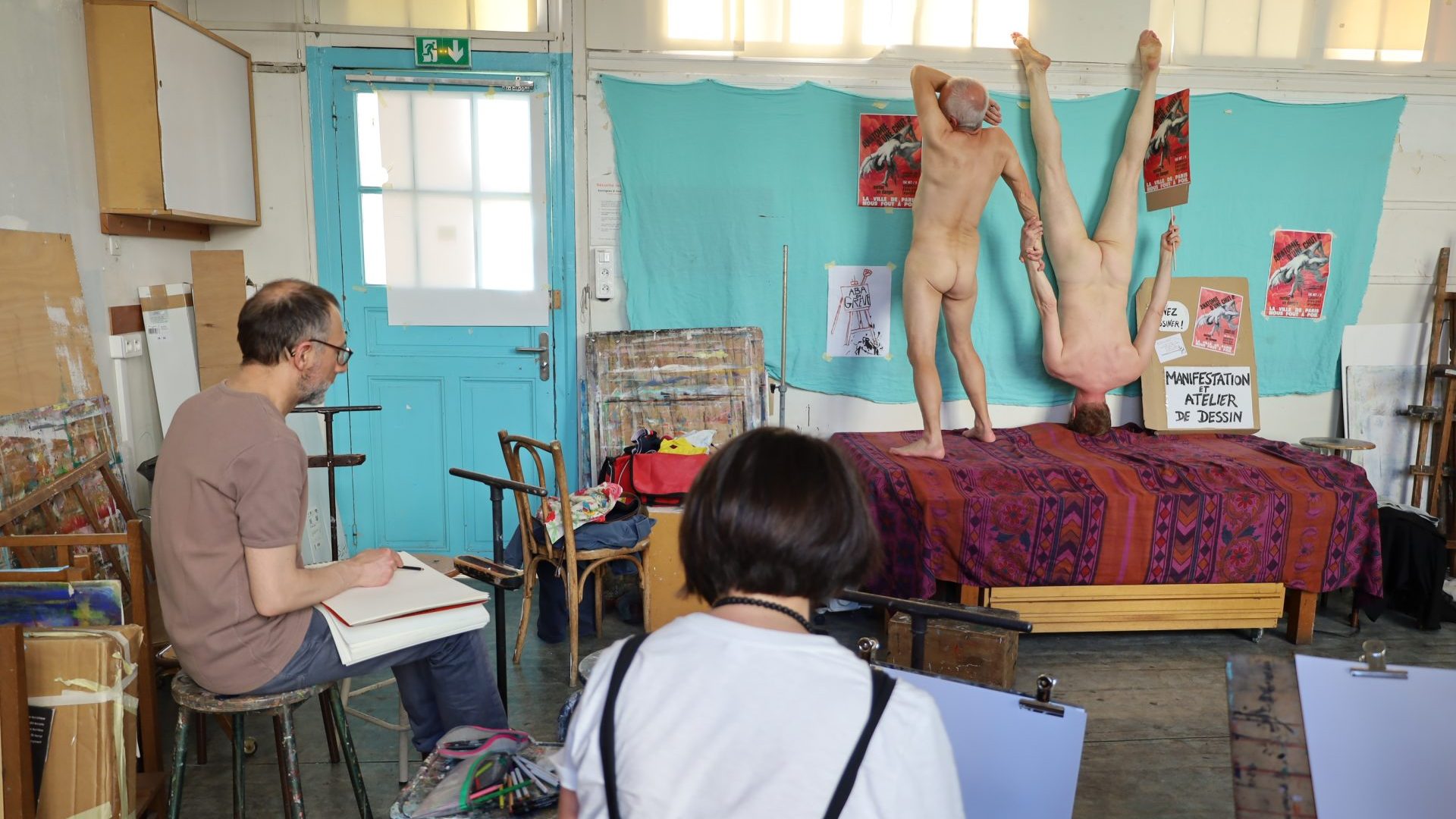When the editors at this fine newspaper first asked me to write about the Olympics, I sighed. It just wasn’t something I wanted to do, both because I don’t watch the Olympics and because everything that happens in Paris tends to annoy me by default.
In the end, we reached a compromise; I would write about it, but do so quite grumpily. Oh, isn’t a week a long time in journalism?
I can barely remember the person I was seven days ago. She was so joyless, so cynical. In fact, she wasn’t even planning to watch the opening ceremony last Friday night.
She found herself having a night in, but had no desire to tune in. God, she was wrong.
I couldn’t actually tell you when I decided to see what the fuss was about. I think it started on Twitter, as it often does. I was scrolling mindlessly and began seeing the odd confused tweet about the ceremony. There were a handful of them, then more, then more, and eventually the majority of my timeline consisted of baffled tweets. I just had to see it for myself. I’m so glad I did.
The French opening ceremony was, in many ways, awful. It had no great narrative to it; several parts didn’t make sense at all; it went on for way too long and much of it was in deeply questionable taste.
It was brash and loud and absurd and weird, and sometimes downright offensive and nonsensical. That’s what made me love it: it showed the France I know, the France I cherish.
Foreign viewers – especially British and American ones – seemingly hated it, or were at the very least profoundly confused by it. Where were the baguettes, the berets, the elegance, the subdued charm?
Why wasn’t everyone thin and beautiful and dressed in black, nonchalantly smoking Gauloises and drinking minuscule glasses of red wine? Why was there a podgy man painted in glittery blue, nearly naked and singing from the centre of a giant fruit salad?
Seeing these questions flood social media made me incredibly happy, because it meant that the organisers of the ceremony had made the right choice. There is a world in which they could have pandered to the rest of the world, and shown them what they want France to be.
Instead, they went for something that showed the country as it actually is.
Contemporary French culture is messy and odd and often downright stupid; it’s vulgar and loud, and deeply unique. What people think we are is what we maybe were 50 years ago. So much has changed since then.
This ceremony felt like France reintroducing itself to the world, warts and all, and forcing other countries to reckon with the fact that we’re real people, in all our chaotic glory.
We love rap and video games and the Minions, for some reason, and we have terrific drag queens and the loudest hardcore bands you’ve ever heard. That’s what makes us great, not the cliches people want us to conform to.
By the end of the evening, I was so hyper that I had to take a midnight bath, as otherwise I knew I wouldn’t be able to sleep. In the morning, I found the playlist they used practically as I woke up. It featured classics from the ’60s and ’70s, as well as hip hop I was listening to at house parties when I was a teenager. It was mad and brilliant, just like the event itself.
I talked about it with French friends and we all agreed; there’d been no great enthusiasm in the run-up to the opening, but we’d all been pleasantly surprised by it.
The only thing left to do, then, is for foreigners to let go of their sense of betrayal, and accept that the French should be allowed to be whoever they want to be. We really deserve it.




